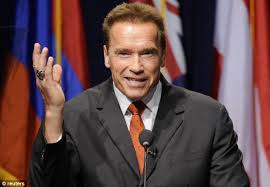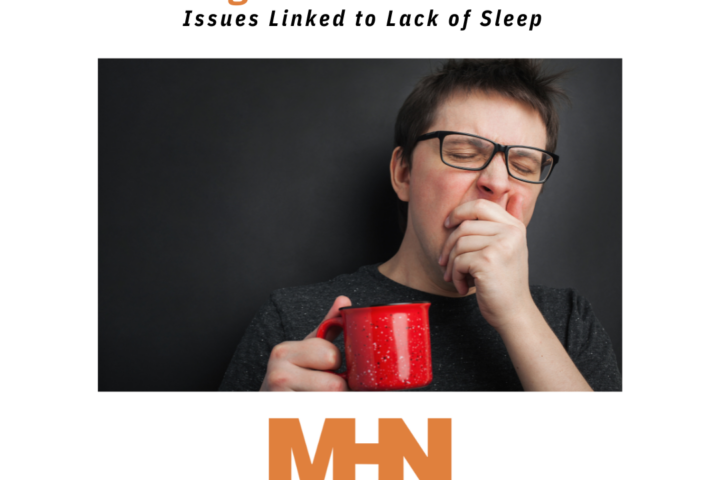It’s well known that being in good physical shape has amazing health benefits. But a recent study has found that men who are strong (especially in the upper body) are more likely to be politically conservative than physically weaker men (interestingly,  there’s no similar connection between women’s physical strength and their politics. A second study found that men who are in good shape in their 40s through their 60s are less likely to develop or die from colorectal cancer or to die from prostate or lung cancers.
there’s no similar connection between women’s physical strength and their politics. A second study found that men who are in good shape in their 40s through their 60s are less likely to develop or die from colorectal cancer or to die from prostate or lung cancers.
Let’s start with the politics of fitness. A team of researchers led by psychological scientists Michael Bang Petersen (Aarhus University in Denmark) and Daniel Sznycer (University of California) collected data on bicep size, socio-economic status, and support for economic redistribution from hundreds of people in the United States, Argentina, and Denmark. They found that physically strong men are more likely to have right-wing political views, and weaker men are more likely to support income redistribution (as long as they’re on the receiving end of it).
Petersen and Sznycer speculate that connection between politics and strength is something that has evolved in men over thousands of years. Think of it this way: our ancestors didn’t acquire resources by having a cushy job. They got whatever they got by being tougher than the other guys. Logically, it follows that once someone has gone through the physical challenges required to earn those rewards, he’s not going to want to part with them without a fight. Weaker men, on the other hand, may have had no other way to get food and shelter than by getting handouts from the guys with the power—physical and economical.
“Despite the fact that the United States, Denmark, and Argentina have very different welfare systems, we still see that – at the psychological level – individuals reason about welfare redistribution in the same way,” said Petersen. “In all three countries, physically strong males consistently pursue the self-interested position on redistribution…. “Our results demonstrate that physically weak males are more reluctant than physically strong males to assert their self-interest – just as if disputes over national policies were a matter of direct physical confrontation among small numbers of individuals, rather than abstract electoral dynamics among millions.” The findings were published in the journal Psychological Science.
In the second study, Susan Lakoski, an assistant professor at the University of Vermont, in Burlington, studied more than 17,000 men and tested their fitness when they were 50 by having them go through an evaluation on a treadmill. Over the course of 20-25 years, Lakoski’s team tracked these men. They found that the men who were most fit on the treadmill test, when compared to the least, had a 68 percent lower risk of lung cancer and a 38 percent lower risk of colorectal cancer. Their prostate cancer risk didn’t decline with increasing fitness, but the risk of death from it did.
It’s important to remember that we’re not talking about training for a marathon here. A lot of guys in the study were seriously out of shape. Some 40 to 49 year olds could walk on the treadmill less than 13.5 minutes. Some 50 to 59 year olds lasted less than 11 minutes. And some who were 60 and older couldn’t do any more than 7 ½ minutes. But according to Lakoski, even making tiny changes produced some significant results. For example, a 50-year-old man who was able to add just three more minutes to his treadmill time could reduce his cancer death risk by 14 percent and heart disease death risk by 23 percent. You can get a bit more info on Lakoski’s study here.
Most experts recommend 150 minutes of moderate activity per week in order to achieve and maintain a good level of fitness. But before you jump in, talk with your medical provider and get his or her OK.



